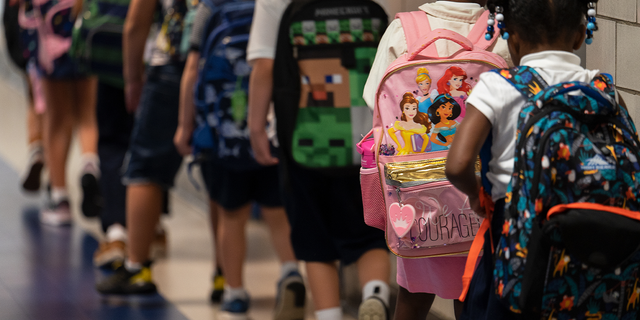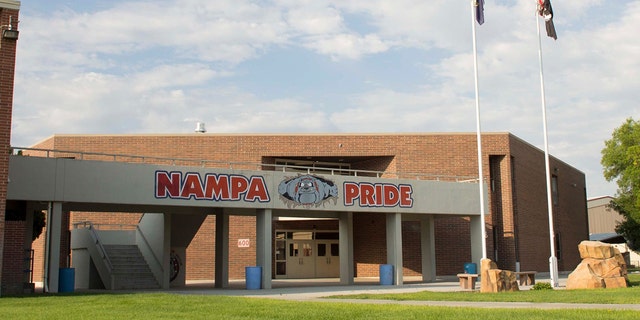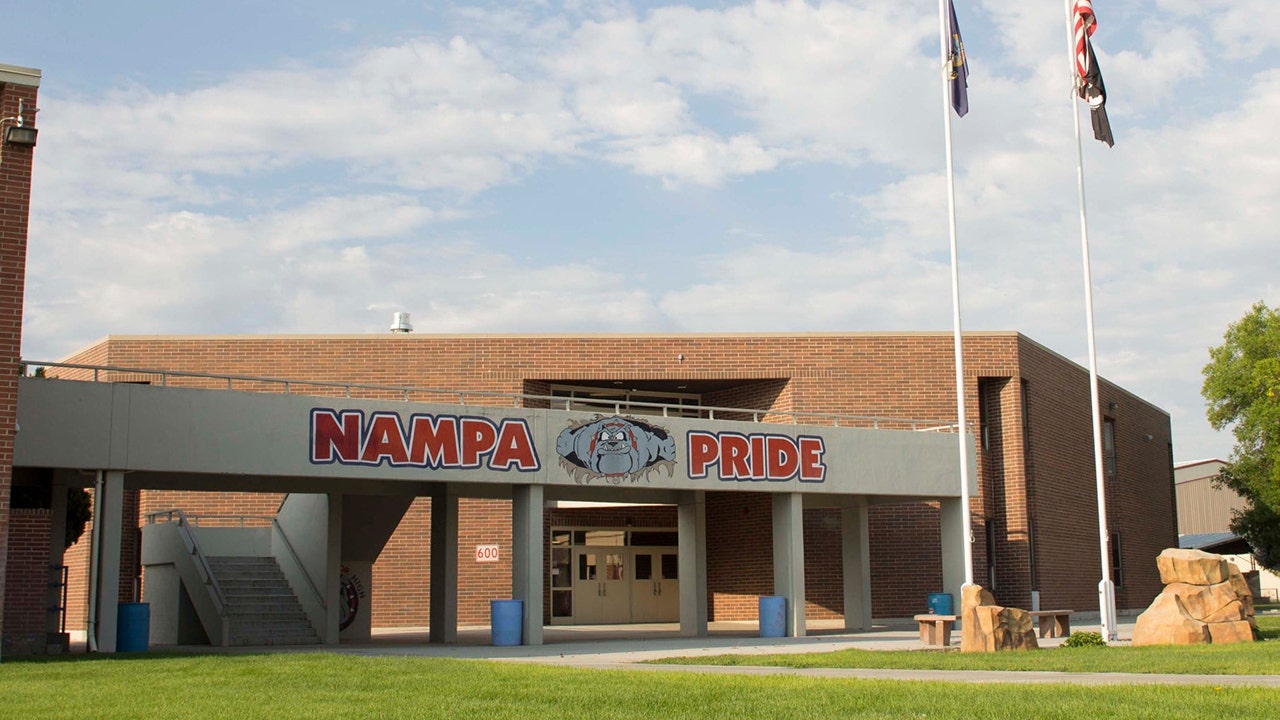The Nampa School District in Idaho will move forward without gender identity and sexual orientation discussions in the classroom after a vote was held to adopt a policy limiting such topics. The policy was adopted amid a national debate on education and the will of parents in the classroom.
“I don’t want you to discuss my child’s sexuality unless I know you and I are on the same page. Sorry, I just don’t,” Brooke Taylor, a Nampa school board chair who supported the decision to ban the discussions, told Idaho News.
The Nampa School District voted three to one to adopt the policy that says the responsibility of discussing, addressing and educating children about gender identity and related subjects is solely that of the child’s parent — not the school district or its staff.
Trustee Mandy Simpson, a math teacher, told the station that she voted against the policy as she argued limiting what teachers could discuss in the classroom could make children feel uncomfortable and could have an impact on the rest of their education: “If kids don’t feel safe in a classroom, they will not even begin to try to learn the reading, the writing, [and] the math (sic).”
EDUCATION DEPT. BLASTED FOR PROMOTING PRIDE MONTH WHILE TEST SCORES PLUMMET: ‘INDOCTRINATION CAMPS’
The Nampa School District adopted a policy that limits discussions on sexual orientation and gender in the classroom. (Nampa School District)
The policy also prevents staff from being forced to use a student’s preferred pronouns, Idaho News reported.
SOUTH CAROLINA SCHOOL DISTRICT ENDS CONTRACT WITH COMPANY AFTER GOP GROUP SUED OVER CRT
Marco Valle, a Nampa trustee, described the policy as “so neutral,” and said it “is not stopping the kids.”
“It’s stopping the district,” Valle clarified.

Trustee Mandy Simpson, a math teacher, said she voted against the policy because limiting what teachers can discuss in the classroom could make children feel uncomfortable, potentially impacting their education. (Craig Hudson)
Nampa Education Association President Brian Coffey disagreed and, while he admits practically nothing will change inside the classroom, worried about its impact on the LGBTQ+ community.
“When these issues do come up, it’s usually the students that bring them up and usually with each other, so unless I’m really out of touch, the present and future sex lives of people is not something we talk about in public in Nampa, at all, much less in public schools,” said Coffey, who also works as a Nampa High School teacher.
EXAMINING THE ROLE FATHERS PLAY IN THEIR KIDS’ EDUCATION
He added: “The message I think, in the broader context is unequivocal. We are definitely in a moment where the LGBTQ+ community is under attack.”

Marco Valle, a Nampa trustee, described the policy as “so neutral.” (Nampa School District)
Coffey said a student who wishes to discuss the subject can still confide in teachers as the policy does not seek to limit student speech.
“The Nampa policy really is focused on the adults, to silence the adults,” Coffey said. “To the extent a teacher might be in a position to facilitate a discussion among a group of students, I still feel like that’s on the table and could be done. Is there some risk to that because little Johnny goes home and tells his mom that Tommy has two mommies and now that mom is upset that there are conversations like that, sure that could happen.”
CLICK HERE TO GET THE FOX NEWS APP
In addition, the school district has adopted a policy that requires students to use restrooms and locker rooms that correspond with their biological sex.
Idaho News reported school administrators are allowed to work with students and their parents, within reasonable accommodations, if a particular child is unwilling or unable to use those facilities.


